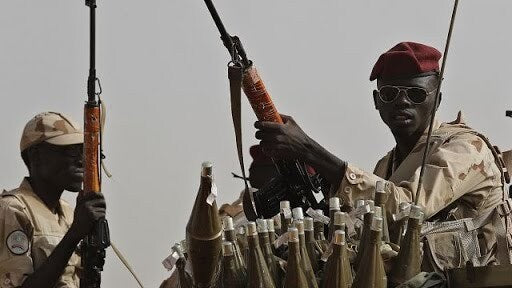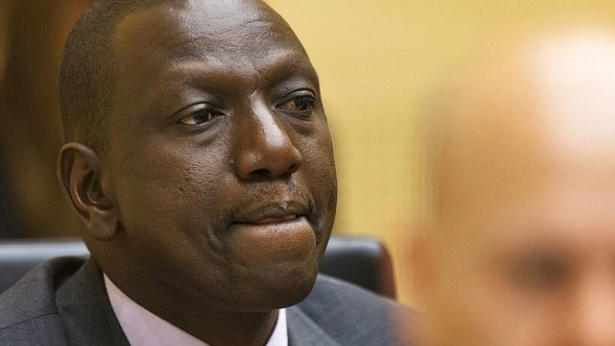
Chad: Boko Haram strikes hard, army in disarray in the face of deadly attacks
At least 40 Chadian soldiers were killed on Saturday, October 27, during a violent attack orchestrated by the terrorist group Boko Haram. The tragedy took place in the Darak Peninsula region, an area of Lake Chad where the presence of the Islamist group has been destabilizing local populations and defense forces for years. This new deadly assault raises a serious question: is Chad really equipped to repel Boko Haram and guarantee security in this strategic region?
Lake Chad: a strategic area turned into a war zone
The Lake Chad region has long been a focal point in the fight against Boko Haram. Although Chadian armed forces are renowned for their tenacity and commitment, they regularly seem overwhelmed by the terrorist group’s incursions. Since 2009, Boko Haram, which emerged in northeastern Nigeria, has extended its influence to neighboring countries such as Niger, Cameroon and Chad, creating a climate of terror. For many analysts, this latest attack on Chadian soil is a stark reminder that the war against Boko Haram is far from won.
The modus operandi remains the same: lightning assaults of unprecedented brutality, orchestrated in areas that are often difficult for the army to access. These marshy and labyrinthine terrains of Lake Chad offer an ideal refuge for Boko Haram fighters, allowing surprise attacks before melting into the wilderness, making any large-scale intervention almost impossible. Yet, despite the numerous military “mopping-up” operations carried out in the region, it is clear that Boko Haram retains a worrying capacity to strike at any time, without warning.
A weakened army despite international support
The Chadian army, although known for its power in the Sahel region, faces a series of major structural and logistical challenges. On the one hand, it must manage relatively limited personnel in the face of the scale of the threat, on the other hand, it is faced with a chronic lack of sophisticated equipment adapted to anti-terrorist operations. These shortcomings are all the more glaring since Chadian soldiers are fighting on several fronts, sometimes to secure national borders, sometimes to support regional efforts within the Multinational Joint Task Force (MNJTF) against Boko Haram.
The United States, France, and other international partners have provided logistical and technical support, but it is not enough to counter Boko Haram's dynamics in such a hostile and vast area. With limited resources and soldiers who accumulate fatigue and frustration, the army sometimes seems resigned to defending its territory with the means at hand, far from the sophisticated equipment of its Western allies.
Especially since the chain of command and the counterinsurgency strategy seem to be suffering from internal tensions. Since the death of President Idriss Déby in 2021, Chad has been going through a period of political instability, and this fragility has obvious repercussions on the military organization. His son, Mahamat Idriss Déby Itno, is struggling to maintain solid military and political leadership in the face of the terrorist threat.
Local population caught in a vice: between flight and terror
Faced with these repeated attacks, local populations live in constant anxiety, oscillating between survival and resilience. Many families have had to abandon their villages to take refuge in makeshift camps, far from the attack zones where insecurity reigns. These forced displacements add additional pressure on the Chadian authorities, who are struggling to offer sustainable solutions to internally displaced persons. In addition, the precariousness that characterizes these refugee and internally displaced persons camps leads to significant humanitarian challenges, exacerbating an already tense situation.
Promises of economic development and infrastructure rehabilitation in the Lake Chad region have so far not been enough to stabilize the region. Instead, isolation, lack of basic services, and weak state presence have allowed Boko Haram to establish a lasting foothold, gaining influence and recruiting power among marginalized and desperate communities.
For many civilians, the military presence does not guarantee security. In fact, it sometimes increases feelings of distrust and frustration in the face of an army deemed incapable of protecting its own borders. The recurrence of attacks fuels what some observers call "the spiral of abandonment", where populations have no choice but to flee, leaving behind territories that gradually fall under the control of the insurgents.



Leave a comment
This site is protected by hCaptcha and the hCaptcha Privacy Policy and Terms of Service apply.